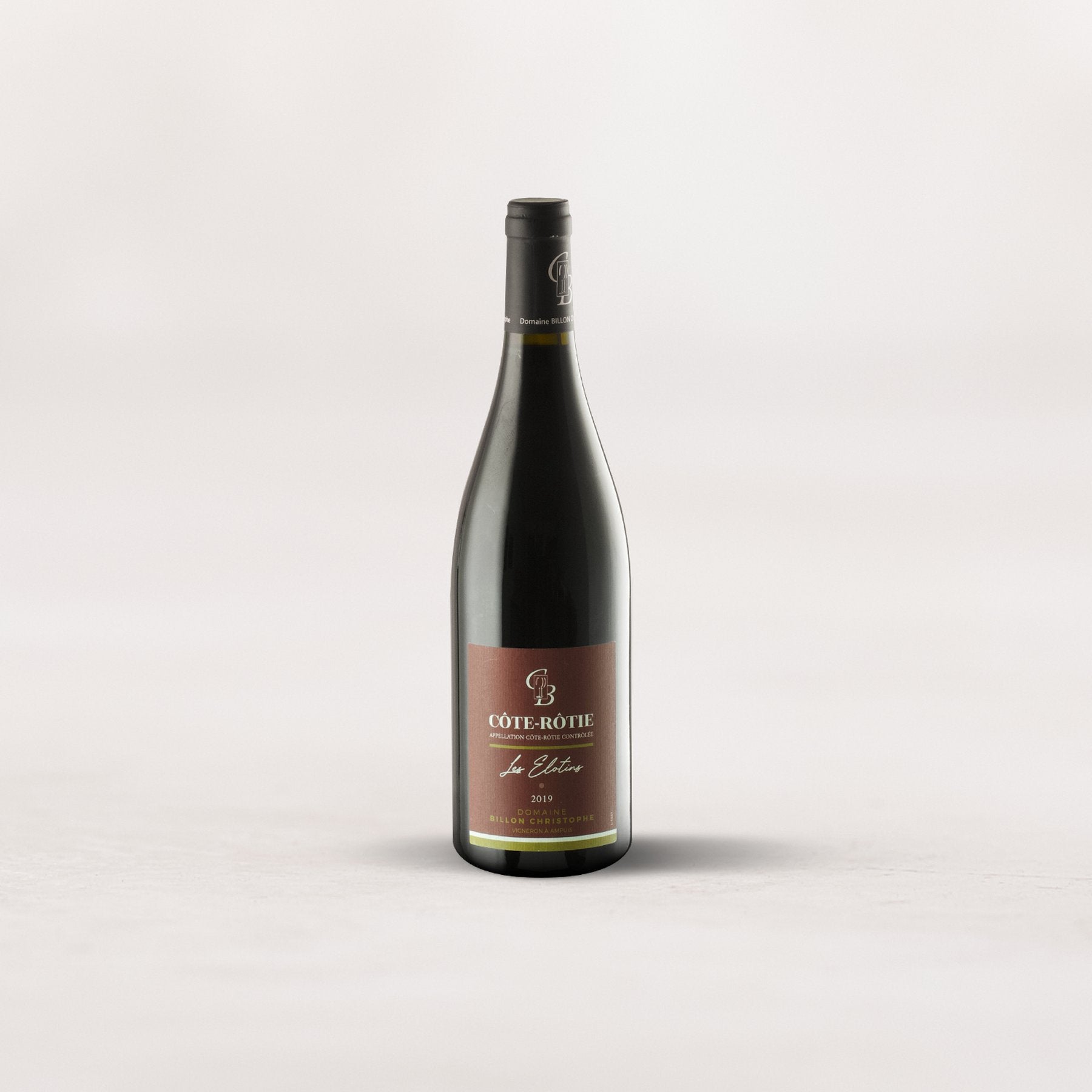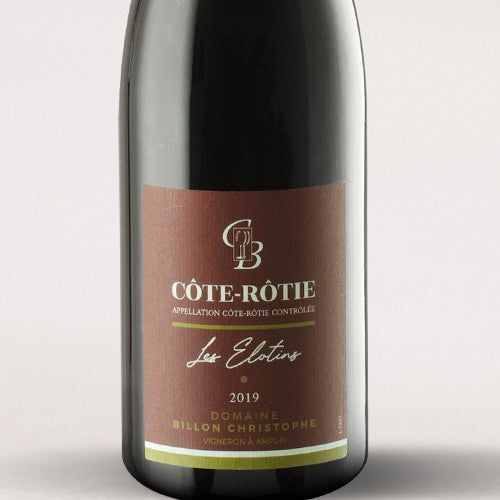Say “Austrian wine” to an American audience and white wine, especially Grüner and Riesling, is generally what comes to mind. And it’s true that in most of the country these grapes dominate, but not in Burgenland. On the eastern edge, bordering Hungary and Slovakia, this pastoral region is red wine country through and through, and one of its most exciting and lauded practitioners is Josef “Pepi” Umathum. Go to any top restaurant in Vienna and you’ll find his wines on the list, and that is also true throughout central Europe and increasingly the U.S. as well. His “Rotburger” (aka Zweigelt) is a perfect calling card, highlighting the region's warm summer sun and mineral laden geology. It’s a fresh, easy-going wine that is simultaneously complex and deep–exactly what Burgenland is all about. If you haven’t experienced the distinct pleasures of Burgenland then this is your ticket, and if you have I’m sure you’re already loading up the cart!
“Pepi” (as his friend’s call him) Umathum is known throughout Austria, and increasingly the entire globe, for his devotion to biodynamic farming, terroir transparent wines, and “hands-off” yet meticulously clean approach in the cellar. He is also known as the unofficial “King of Zweigelt,” which is appropriate given his devotion to the region's local grapes. Pepi is a devoted student of geology, and uses the varied substrates in his vineyards to determine which varieties are planted where. Many of his vineyards have been in and out of use for almost 1000 years, but when Pepi acquired them they were generally in such states of disrepair that he had to spend many years rejuvenating and replanting them. But that hard work, along with his meticulous farming are what have helped him achieve notoriety throughout Europe as one of the top red wine producers in Austria.
The Umathum winery is located in the Neusiedlersee district of Burgenland, which is the growing area surrounding the large Lake Neusiedl, winemaking here goes back at least 3000 years. Pepi now farms almost 60 hectares around the lake, all using fully biodynamic methods. The soils here are varied, with a high component of mineral heavy silicates, as well as limestone, clay marl, and loam. The rolling hills, warm, sunny days, and cooling lake effect all combine to produce complex, elegant, and mineral-driven wines. He is devoted to the local varieties that have long been planted here, though he does grow Pinot Noir as well (though this is almost a local grape in Burgenland too). Zweigelt, or Rotburger, is a cross between two of the most traditional local varieties, Sankt Laurent and Blaufränkisch, and is known for medium to light bodied reds with pronounced earthy, mineral flavors. For his textbook expression, Pepi Umathum ferments the wine with native yeasts in steel tanks and then ages it for several months in large, Austrian oak barrels before bottling. It’s then aged for an additional two to three years in the bottle before release–an unusual step for “humble” Zweigelt, but that is how Pepi does it.
Serve this exemplary Rotburger in an all-purpose or Burgundy glass at a slightly cool temperature. The aromas and flavors both lead with a bevy of red fruits–raspberry, red currant, cranberry, blood orange–and then give way to savory, mineral flecked notes of earth, wild mushroom, and rosewater. The pale, garnet hue suggests a very light bodied wine, but there is actually a surprisingly sappy texture and a deep, complex finish, which is a testament to Pepi’s farming and winemaking talents. This is red that is tailor made for the transition from summer to fall–perfect for a warm, late September evening but also right at home inside on a chilly October night. It goes great with standard weekday fare like pizza or grilled chicken, or go for something a bit more traditional like a big plate of bratwurst and sauerkraut!











